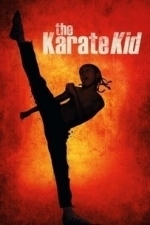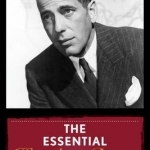
The Essential Humphrey Bogart
Book
Many film fans consider Humphrey Bogart the ultimate star of Hollywood's golden era. He rose from...
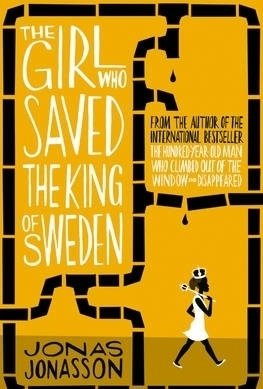
The Girl Who Saved the King of Sweden
Book
Written with the same light-hearted satirical voice as Jonas Jonasson's bestselling debut novel,...
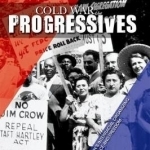
Cold War Progressives: Women's Interracial Organizing for Peace and Freedom
Book
In recognizing the relation between gender, race, and class oppression, American women of the...

Black Box - Black Movie List
Entertainment and Magazines & Newspapers
App
Black Box Movie Listing App is a collection of movies and TV shows that cater more to the african...
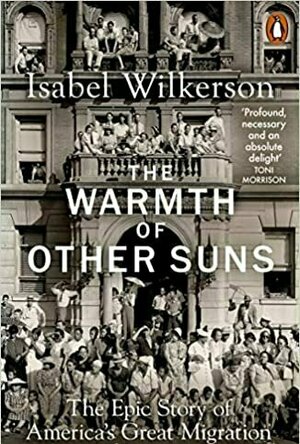
The Warmth of Other Suns
Book
From the winner of the Pulitzer Prize, this is one of the great untold stories of American history:...
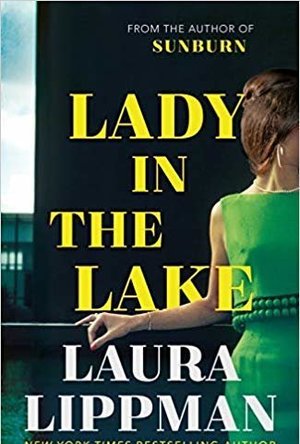
Lady In The Lake
Book
The revered New York Times bestselling author returns with a novel set in 1960s Baltimore that...
Gareth von Kallenbach (980 KP) rated The Karate Kid (2010) in Movies
Aug 8, 2019
Jaden Smith crafts an engaging portrayal of the lead character, Dre Parker, a kid trying to fit in and make friends as an African-American in China. Equally impressive was Jackie Chan as maintenance man by day, Kung Fu master by night, Mr. Han. Chan’s performance was surprisingly dramatic and, for once, did not entirely center on his undeniable martial arts appeal. Don’t get me wrong, the martial arts are in there but for Chan this film displays his tenure as a veteran of the big screen.
It seems there is only one thing that could have been better: Tarji P. Hensen who played Dre’s dopey mom, Sherry Parker. No parent could seem this self-absorbed and unaware of a situation yet maintain wholesome parental figure status, and the acting was poor to boot. Overshadowing Hensen’s lame interjections was Dre’s adorable love interest, Meiying (played by Wenwen Han). The performance of Meiying managed to captured not only Dre’s heart but also that of the entire audience while staying on the film’s well-plotted course.
“The Karate Kid” is emotionally charged and action packed, there is really no denying it. And so what if the whole thing also looks a lot like a tourist film for China, the great landscapes and classic shots only add to the imagery.
Film buffs and fans of the original Karate Kid series will enjoy the mix of subtly-placed and more blatant references to the original films. Better yet it quickly becomes clear that Jackie Chan is not trying to top the legendary performance of Pat Morita but manages to prove that the story we all got so wrapped up in 1984 is still relevant in today’s modern world.
Dubose Heyward: A Charleston Gentleman and the World of Porgy and BESS
Book
In 1924 DuBose Heyward (1885-1940) was a businessman absorbed in his Charleston heritage. One year...
Gender, Inequality, and Wages
Francine D. Blau, Anne C. Gielen and Klaus F. Zimmermann
Book
In all Western societies women earn lower wages on average than men. The gender wage gap has existed...
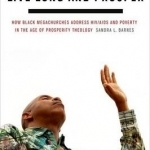
Live Long and Prosper: How Black Megachurches Address HIV/AIDS and Poverty in the Age of Prosperity Theology
Book
This pioneering new study of the Black megachurch phenomenon brings nuance and depth to the...
